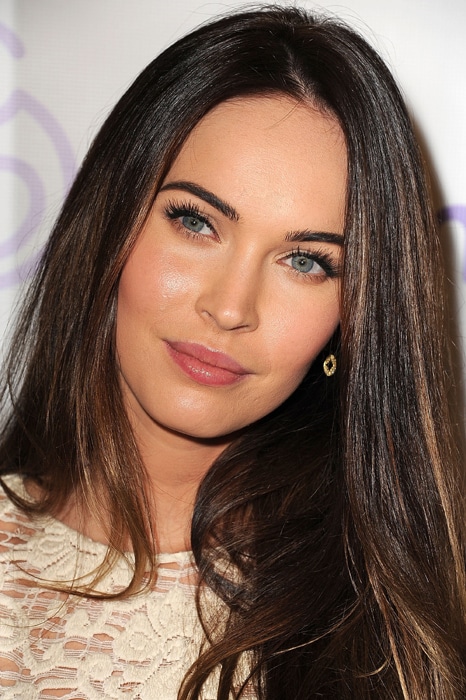Hello I am Alex and I´m going to explain to you the 3 conditional in spanish and in english.
El condicional 3 (3rd conditional) se usa para hablar de situaciones ireales en el pasado y los resultados imaginados.
Se forma
If + past perfect simple*/continuous** + would/could/might + have + past participle
* subject + had + past participle
** subject + had + been + present participle
Examples
If I'd passed my driving test, I would have bought a car. Si hubiera aprobado mi examen de conducir, habria comprado un coche.
The structure of a third conditional sentence in english
Like the other conditionals, a third conditional sentence consists of two clauses, an “if” clause and a main clause:
| IF clause | main clause |
|---|
| If I had studied harder, | I would have passed the exam. |
Explanation: I failed the exam, because I didn't study hard enough.
If the “if” clause comes first, a comma is usually used. If the “if” clause comes second, there is no need for a comma:
| main clause | IF clause |
|---|
| I probably would have passed the exam | if I had studied harder. |
We use different verb forms in each part of a third conditional:
| IF clause | if + subject + past perfect verb* |
|---|
| main clause | subject + would (OR could, OR might) have + past participle |
|---|
*The past perfect is formed with the auxiliary verb “had”, and the past participle (or third form) of the verb.
Note also that third conditional forms can be contracted:

